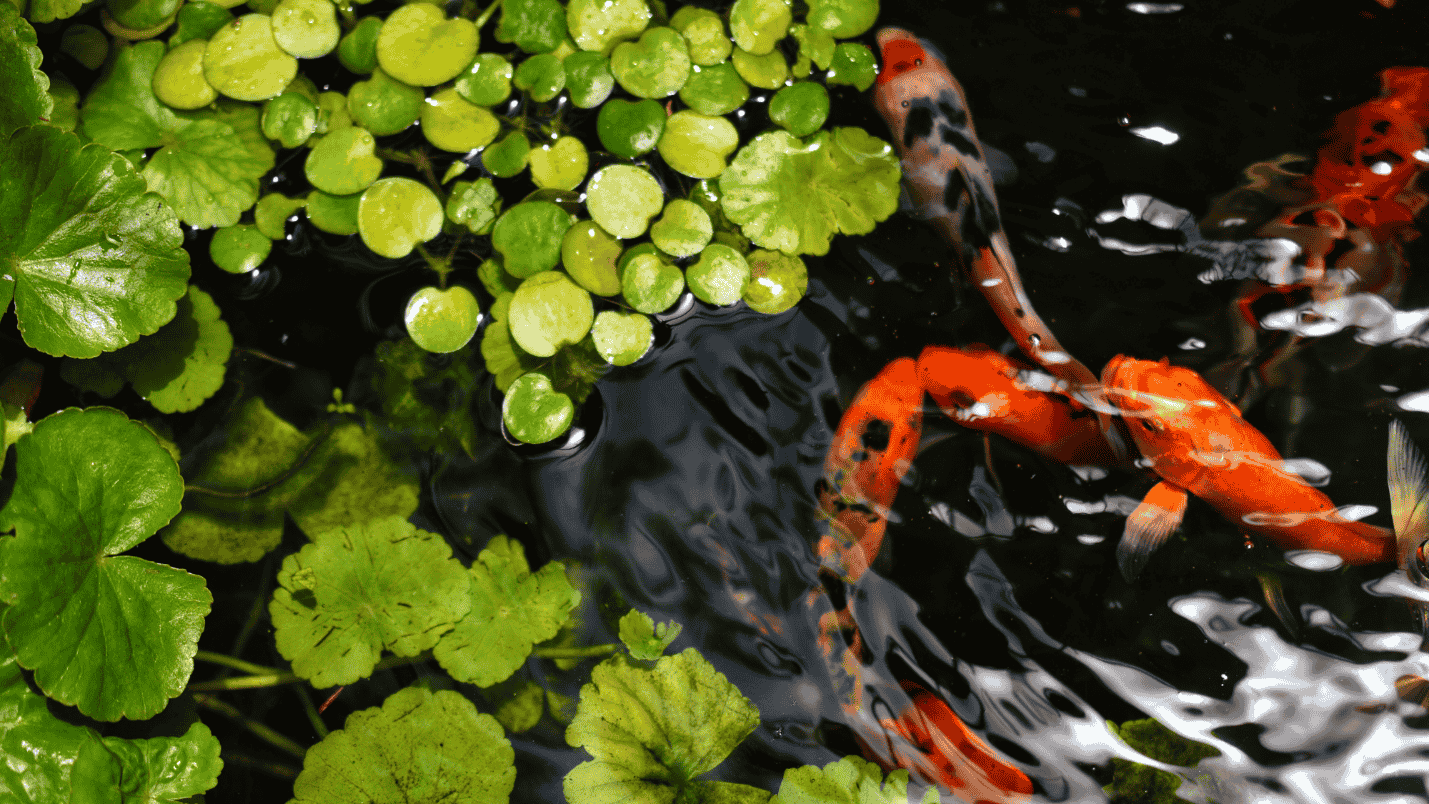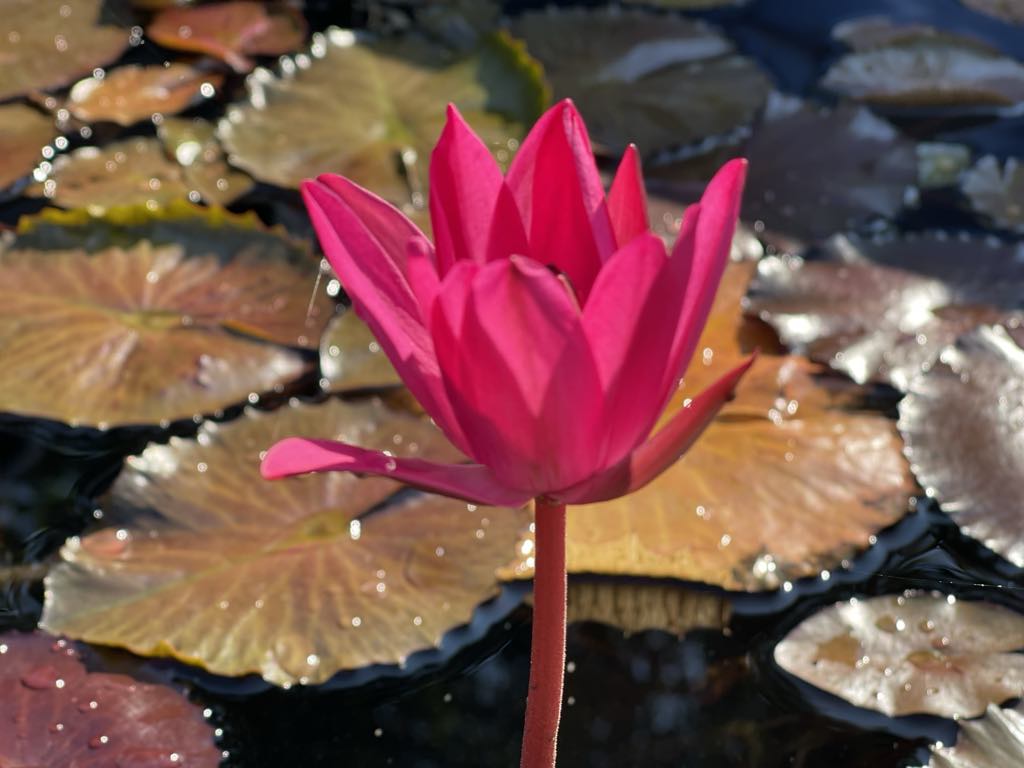
How can I tell if my New Jersey pond fish are stressed in hot weather?
🔥 Summer heat can take a real toll on your pond—and more importantly, on your fish. If you’ve got koi or goldfish in your New Jersey pond, it’s critical to recognize the signs of heat stress before they lead to bigger problems.
Whether you’re in Morris County or Millburn, these 6 warning signs will help you spot trouble early and keep your New Jersey pond fish healthy all summer long.
🐟 6 signs your New Jersey pond fish are feeling the heat
1. Gasping at the surface 😮💨
When water warms up, oxygen levels drop. If your fish are clustering near waterfalls or at the surface gulping air, it’s a major sign they’re struggling to breathe.
Quick tip: Add an aerator or increase circulation immediately—especially during long hot spells.
2. Lethargic or erratic behavior
Are your koi less active than usual? Are they staying at the bottom or swimming in odd patterns? Heat-stressed fish often conserve energy and avoid warm, shallow zones.
If you notice this in places like Short Hills or Livingston, it could be due to reduced oxygen or poor water quality.
3. Faded or blotchy coloring 🎨
Heat stress can lead to pale or uneven coloring, especially in koi. Bright reds may look washed out, or your fish might develop temporary dark spots from stress.
4. Loss of appetite
If your fish ignore food or only nibble lightly, it’s a strong indicator something’s off. Fish metabolism speeds up in warmer water—but only to a point. Once oxygen is low, they back off eating.
5. Clamped fins or isolating
Fins held close to the body or fish that isolate themselves from the group are often signs of discomfort or stress.
Bonus tip: This can also signal high ammonia, so test your water just to be safe.
6. Rapid gill movement
If your fish are breathing heavily or you notice their gills pulsing rapidly, that’s another sign of oxygen depletion. This symptom is easy to miss, so take a close look when you can.
🧊 How to cool things down in your pond
- Add extra aeration—more bubbles = more oxygen.
- Create shade with lilies, floating plants, or even a temporary shade sail.
- Limit feeding during extreme heat.
- Perform small, frequent water changes (5–10%) using dechlorinated water.
- Keep testing water quality to stay ahead of ammonia and pH spikes.
🤔 FAQ: New Jersey Pond Fish Heat Stress
What can I do if my fish are gasping in Essex County?
Boost oxygen immediately with an aerator or waterfall. Also consider adding floating plants for shade. This helps New Jersey pond fish Essex County recover quickly.
Are goldfish safer in high temps than koi in Union County?
Goldfish are more tolerant, but both can suffer in low oxygen. Keep your system balanced to protect New Jersey pond fish Union County residents.
Should I stop feeding during heatwaves in Hunterdon County?
Yes—if water temps exceed 85°F, skip feeding for a day or two. It reduces waste and protects your New Jersey pond fish Hunterdon County from stress.
How can I cool my pond in Morris County?
Add floating lilies or shade the pond with fabric. Aeration also helps drop temps slightly for New Jersey pond fish Morris County.
📞 Need help keeping your fish cool this summer?
If your pond fish are showing signs of heat stress, don’t wait. Contact Atlantis Water Gardens for expert advice and seasonal services that keep your pond—and your fish—thriving.
Looking for more great tips, tricks and quality content? Check out our YouTube Channel!
